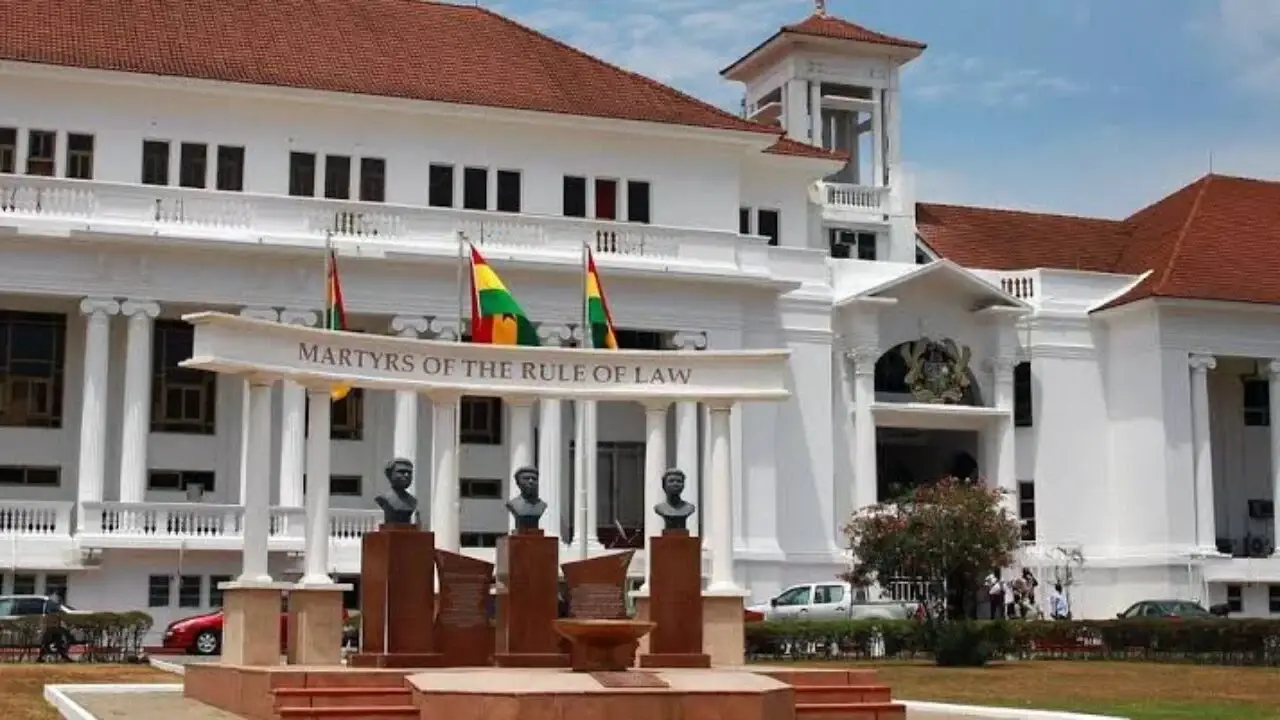‘We can’t be cajoled by peer pressure’ — Ghana’s s’court rejects bid to legalise gay rights

‘We can’t be cajoled by peer pressure’ — Ghana’s s’court rejects bid to legalise gay rights

‘We can’t be cajoled by peer pressure’ — Ghana’s s’court rejects bid to legalise gay rights
Notifications